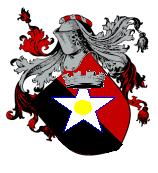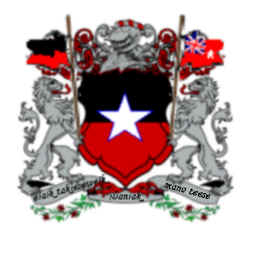
 About the Éhoi
About the Éhoi
•
Official Commonwealth House Site -- Ibrosia.tk
• Official Commonwealth House Site -- Ibrosia.tk
|
|
What is an Éhoi?An Éhoi is a Parliament which lasts for two years (odd numbered to odd numbered) from Standard Day (15th August) to Independence Day (26th July) two years later when the parliament is dissolved. The Éhoi generally means the 'Houses of the Éhoi' which consist of the upper house - the grande éhoi (Great Assembly) and the lower 'House of the Wéthenágemoté' (which contains the House of the Senate (Seinátak) and the Legislative Council (esk’itak dreesérseô). What is a grande éhoi?The grande éhoi is a parliamentary session, usually held once every two months, where direct democracy is practiced in its rawest form. What is the WéthenágemotéThe Wéthenágemoté is the second house of the Éhoi. It is powered with the approval of proclamations, which are government documents (usually fairly administrative) which can be overruled by the Grande Éhoi. The function of the Wéthenágemoté is to relieve administrative stress upon the Grande Éhoi. The Wéthenágemoté is separated into two houses, the House of the Senate has members (size dependent) from every Province of the Ibrosian Democracy and is headed by the Governor of the Senate. The Legislative Council consists of the Prime Minister, other Ministers, Secretaries of Special Offices and the Attorney-General. For passage of a proclamation, both houses must agree. How Acts become LawThe Act begins its life as a Bill or Bílle (draft law) which is submitted to the grande éhoi (anytime up to the night before the Grande Éhoi) by any citizen of the Ibrosian Democracy (the Sponsor). The Bill is read (formally, it has already been published that morning) and given a brief debate, where any amendments can be added. After the debate, a vote is held of all the citizens present, being able to vote 'Aye' (for), 'No' (against) or 'Abstain' (do not wish to vote), should the bill be passed at this stage, it is handed to the Returning Officer (who oversees voting and is usually the PM) for approval. With the signature of the Returning Officer, and public proclamation of the Prime Minister, it becomes law. Should it not be approved, it may be withdrawn or raised again in the next grande éhoi, amendments may be submitted between that time. Should a bill be defeated after its third reading, it may not be presented again for at least four months.
|
|
|